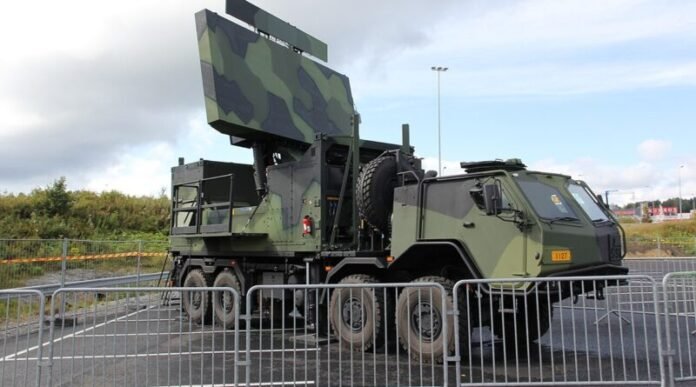
Bulgaria’s Cabinet has formally asked the National Assembly to approve a €195 million contract for the acquisition of seven GM400 three-coordinate radars from French defence manufacturer Thales. The move is part of a broader effort to modernise the country’s ageing air surveillance systems and reinforce national security amid rising regional tensions.
The contract was signed on June 19, 2025, following negotiations that began in March. Under Bulgaria’s defence procurement rules, any military spending exceeding 100 million leva requires parliamentary approval, prompting the government to seek the Assembly’s backing for the investment.
According to the Defence Ministry’s expenditure programme, the first payment—amounting to €92 million—will initiate production of the new radars. This initial contribution will be financed through a combination of redirected funds and future European support mechanisms.
The ministry plans to use part of the 348 million leva received from Denmark, which compensated Bulgaria for weapons it previously supplied to Ukraine. Additional funds will come from the ministry’s capital budget before being replenished through a loan from the European Support to Ammunition Production (SAFE) mechanism. Bulgaria has €3.3 billion allocated under SAFE, which is strictly dedicated to acquiring new weapons systems.
Following the first instalment, a payment of €42 million is scheduled for 2026, with the remaining balance expected to be completed by 2029. The radar acquisition is aligned with Bulgaria’s timeline for introducing new US-made F-16 fighter jets, which require updated air surveillance systems for full operational capability.
The Thales GM400 radar is considered one of the most advanced long-range detection platforms available within NATO. With a range of up to 515 kilometres and a maximum detection altitude of 30,000 metres, the system can track a wide range of aerial threats, including fixed-wing aircraft, helicopters, drones and cruise missiles.
Officials say the radars will significantly enhance Bulgaria’s contribution to NATO’s early warning systems, particularly in monitoring potential missile activity along the alliance’s eastern flank. The radars are designed to integrate seamlessly with both modern and legacy military hardware, an important factor for Bulgaria, which still relies heavily on Soviet-era weapons systems.
Delivery of the new systems will take place over three years. The first three radars will arrive within 24 months of the official finalisation of the deal. After an additional 13 months for installation, testing and training, they are expected to become operational.
As part of the agreement, Bulgaria will also receive 14 military-grade lorries and satellite terminals to support deployment and mobility of the radar units. Operators and technicians will undergo training in France to ensure the systems can be integrated and maintained effectively within Bulgaria’s defence infrastructure.
Currently, the country depends on outdated Soviet-era radars and civilian air-control systems that provide limited coverage and reduced reliability. Defence officials have repeatedly warned that the ageing equipment leaves gaps in Bulgaria’s airspace protection capabilities.
The urgency of the radar purchase became clearer after Defence Minister Atanas Zapryanov told Parliament’s defence committee on November 14 that Bulgaria lacked sufficient funds to make its next scheduled payment for the F-16 fighter jets. In light of this budget pressure, the ministry is prioritising funding sources that can be diversified or supported through EU mechanisms.
The contract with Thales has already been signed by Bulgarian Air Force commander General Nikolia Rusev, who noted that the radar system is critical for the operational deployment of the new F-16s. The deal also includes provisions for integrating the GM400 radars into existing Bulgarian military infrastructure.
Thales was selected after an initial bidding phase that attracted interest from multiple international suppliers. The French company’s proven experience in integrating modern NATO radars with legacy Soviet-era systems, including successful implementation in Serbia, played a decisive role in Bulgaria’s choice.
If approved by Parliament, the acquisition of the GM400 radars will represent one of Bulgaria’s most significant defence upgrades in recent years. Officials argue that the investment is essential to ensuring national security, meeting NATO commitments and replacing outdated systems that no longer meet modern operational requirements.
